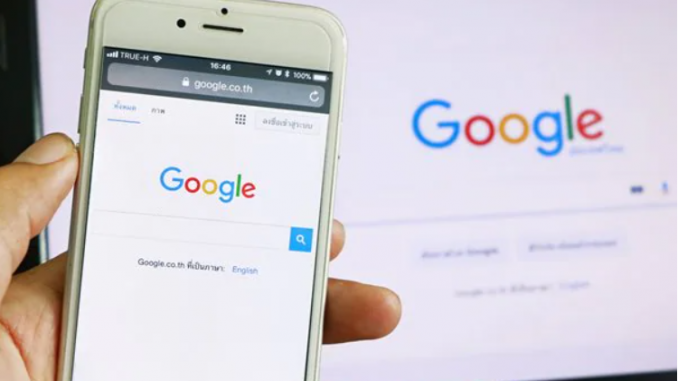
Tech giant Google announced Friday that it will now delete users’ abortion clinic, domestic violence shelter or abuse center visits from the Location History part of its service, following the U.S. Supreme Court decision to overturn 1973’s Roe v. Wade ruling making abortion legal nationwide.
“Location History is a Google account setting that is off by default, and for those that turn it on, we provide simple controls like auto-delete so users can easily delete parts, or all, of their data at any time,” the company said in a statement Friday. “Some of the places people visit — including medical facilities like counseling centers, domestic violence shelters, abortion clinics, fertility centers, addiction treatment facilities, weight loss clinics, cosmetic surgery clinics and others — can be particularly personal. Today, we’re announcing that if our systems identify that someone has visited one of these places, we will delete these entries from Location History soon after they visit.”
The high court announced its ruling on Dobbs v. Jackson Women’s Health Organization June 24 that reconsidered the 1973 landmark ruling as well as the 1992 Casey decision upholding the right to an abortion.
The decision stated that a right to abortion is not found in the Constitution and that it should be returned to the individual states to decide.
More than a dozen states had “trigger laws” in place that would outright ban or severely restrict abortions if Roe were overturned.
Amid the backlash from pro-abortion activists to the ruling, a number of other states with more liberal abortion policies opened their borders to women living in the more restrictive states seeking the procedure.
Attorney General Merrick Garland said the Department of Justice would do all that it could to ensure women crossing state lines to get the procedure would be protected under federal law.
“We recognize that traveling to obtain reproductive care may not be feasible in many circumstances. But under bedrock constitutional principles, women who reside in states that have banned access to comprehensive reproductive care must remain free to seek that care in states where it is legal,” Garland’s statement following the ruling said. “Moreover, under fundamental First Amendment principles, individuals must remain free to inform and counsel each other about the reproductive care that is available in other states.”
Megan Graham, a lawyer at the Samuelson Law, Technology & Public Policy Clinic at the University of California, Berkeley, who advises public defense lawyers on tech and privacy issues, told The Washington Post Friday that she hopes the company will also fight to keep the data private should a governmental agency seek it out.
“I hope if Google does make the decision to start pushing back when they get these, whether that’s in the abortion context or otherwise, that they do so in public,” Graham said. “Google’s voice is obviously important in the discussion because they have the data and they are the ones running the searches but their interests are not necessarily the same as the general public, or people who are concerned about privacy rights.”
Via Newsmax
